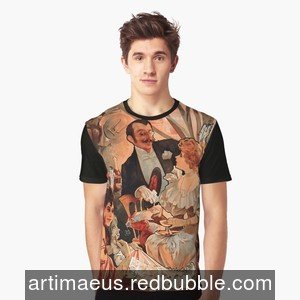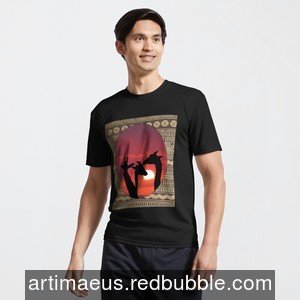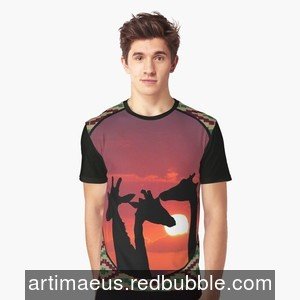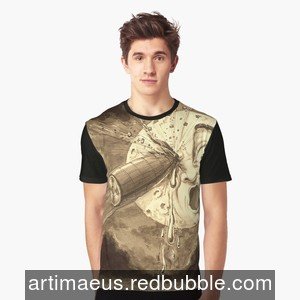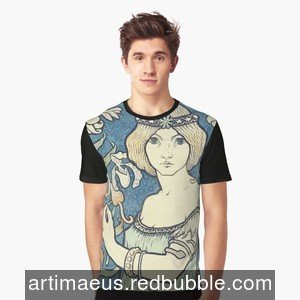- Written by Paul Chubb
- Category: Philosophy of Education
- Hits: 3056
Philosophy of Education 2011
I have a strong philosophy of excellence and success. That is that each person should achieve towards the top of their capability. Jumping for a high bar, even if missed produces higher jumps than a low bar. Standards that meet the best expectations of society and flow seamlessly into the practice and norm of the master in that field should underpin learning experiences.
Applying Vygotsky's (as cited in Krause, Bochner, Duchesne, & McMaugh, 2010) Zone of Proximinal Development, the teacher's role is to create contexts in which the student is challenged, stretched to jump that little higher until they can achieve the full jump.
A constructivist approach that continually engages the student, draws the student in by valuing their thoughts, understandings and contributions, forms the basis of much of my teaching. Following Dewey: “experience arises from the interaction of two principles -- continuity and interaction” (Dewey 1997 as cited in Neill n.d.) In other words, if education is the translation of knowledge into visceral experience, it is the interaction between the life context, knowledge, habits of thought and experiences of the person, in interaction with a learning experience that results in education.
My role is to create contexts of experience that allow this interaction to happen, whether the context is confronting, confirming or extending. Success for me is thus the extent that I approach creating a context for each student that is life forming.
Overall I believe that learning should be fun. The novel, the different and the apposite viewpoint, startle the students into engaging and enjoying learning.
Krause, K.-L. D., Bochner, S., Duchesne, S., & McMaugh, A. (2010). Educational psychology : for learning & teaching. South Melbourne, Vic. :: Cengage Learning.
Neill J. (2004) Experiential & Outdoor Education for Social & Eco Sustainability retrieved 7/9/2010 from http://wilderdom.com/vignettes/MyPhilosophy.htm


